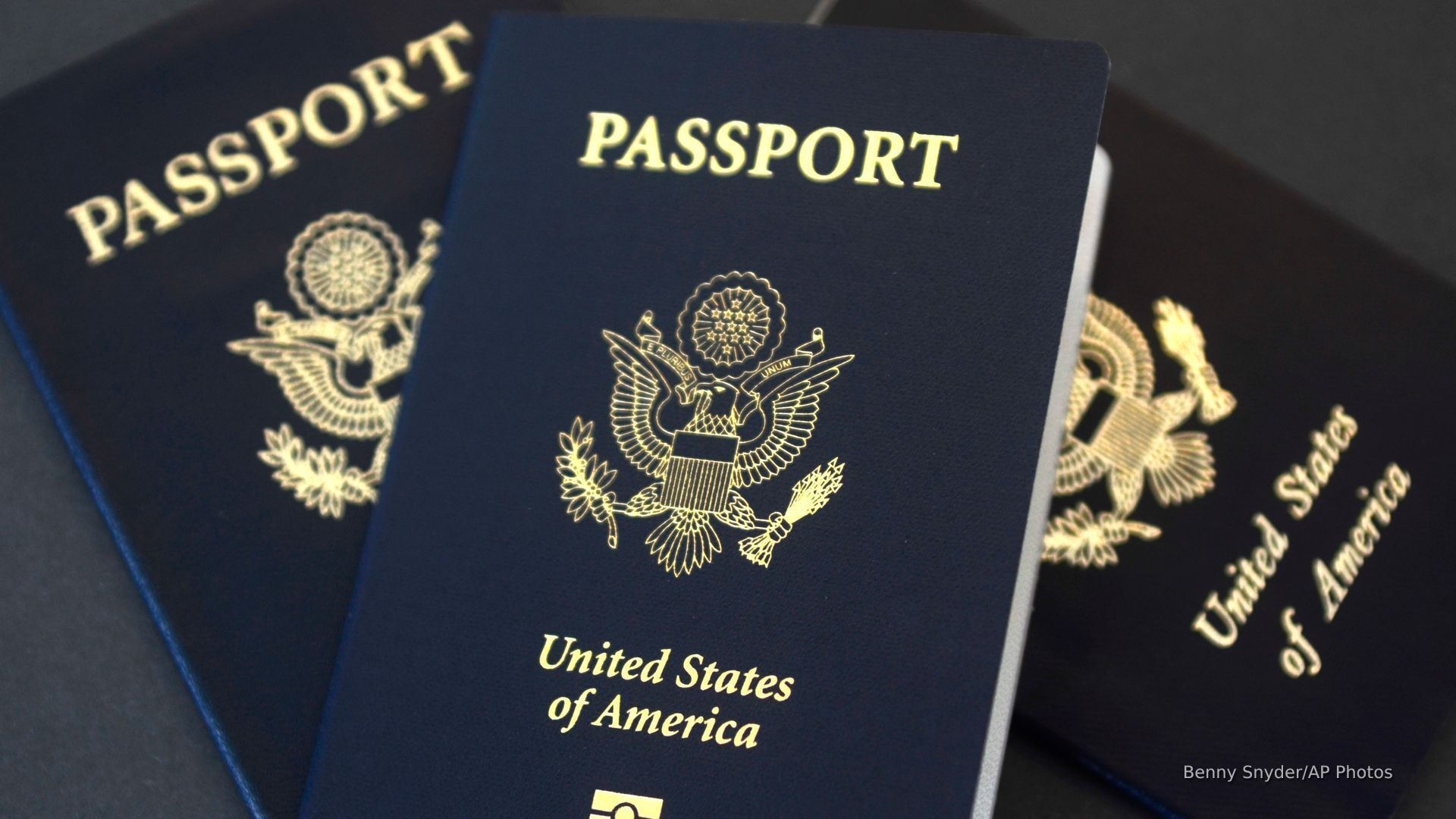The U.S. Passport Faces a New Era of Challenges
The U.S. passport, once the most powerful in the world, has now dropped to the 10th position globally according to the Henley Passport Index. This marks a significant shift from its top spot in 2014, where it was tied with the United Kingdom. Over the past decade, the U.S. has steadily declined in rankings, raising questions about the factors influencing this change.
Understanding Passport Power and Access
The Henley Passport Index is updated monthly and evaluates 199 passports across 227 travel destinations. It measures how many countries a passport holder can visit without requiring a visa. Currently, U.S. citizens can access 182 destinations without a visa, a decrease of four from the previous year when the U.S. ranked eighth. In January, the U.S. moved down to ninth place, signaling a potential shift that could see it fall out of the Top 10 for the first time in the index’s 20-year history.
Armand Arton, founder of the Passport Index, explained that visa-free access is closely tied to diplomatic relations between nations. He noted that as the U.S. faces friction with various global blocs over issues like technology, trade, and climate, its passport has become a casualty of these tensions. “Geopolitical disagreements often play out at immigration counters,” he said.
Global Rankings and Key Players
Singapore currently holds the top position on the Passport Index, allowing its citizens to enter 193 countries without a visa. Japan and South Korea are tied for second, followed by the United Kingdom, which has dropped to sixth. At the bottom of the list, Afghanistan ranks last, with only 25 countries offering visa-free access to its citizens. Syria and Iraq also appear near the bottom.
Dr. Christian H. Kaelin, the inventor of the Henley Passport Index, emphasized that maintaining high passport power requires active diplomacy. Nations that negotiate visa waivers and build reciprocal agreements tend to rise in rankings, while those less engaged may fall behind.
Emerging Trends and Regional Shifts
Several countries have seen notable improvements in their rankings. The United Arab Emirates has climbed 34 places over the past decade, now ranking eighth. China has also made significant progress, moving up 34 spots to rank 60th. The UAE now tops Armand’s index, highlighting the growing influence of regional powers.
Armand pointed out that the value of a passport becomes especially evident during crises such as pandemics, conflicts, or evacuations. It can determine safety, access, and opportunities for individuals and families. In an increasingly mobile world, these rankings help people and institutions prepare for unexpected situations.
Future Changes and New Systems
The future of passport rankings could be influenced by new systems like the European Union’s Electronic Travel Information and Authorization System (ETIAS). This system will require travelers from visa-exempt countries to apply for approval before short-term visits. It remains unclear whether current indices account for ETIAS in the same way as traditional visa requirements.
The Role of Openness and Reciprocity
Part of the U.S. decline is linked to a lack of reciprocity. The U.S. ranks 80th on the Henley Openness Index, which measures how many foreign nationals can enter a country without a visa. Armand noted that geopolitical uncertainty often correlates with a nation’s passport power. Policies, such as former President Trump’s mixed messaging on tariffs, may have contributed to the U.S. passport’s reduced mobility.
Twelve countries are tied at the top of the openness index, all from Africa or Oceania. At the bottom, Afghanistan, North Korea, and Turkmenistan do not allow any visitors without a visa, highlighting stark differences in global openness.
Conclusion
As the U.S. continues to navigate shifting diplomatic landscapes and evolving global policies, the implications for passport power remain significant. The rankings reflect not just travel freedoms but also the broader dynamics of international relations. For individuals and institutions, staying informed about these changes is crucial in an ever-changing world.







